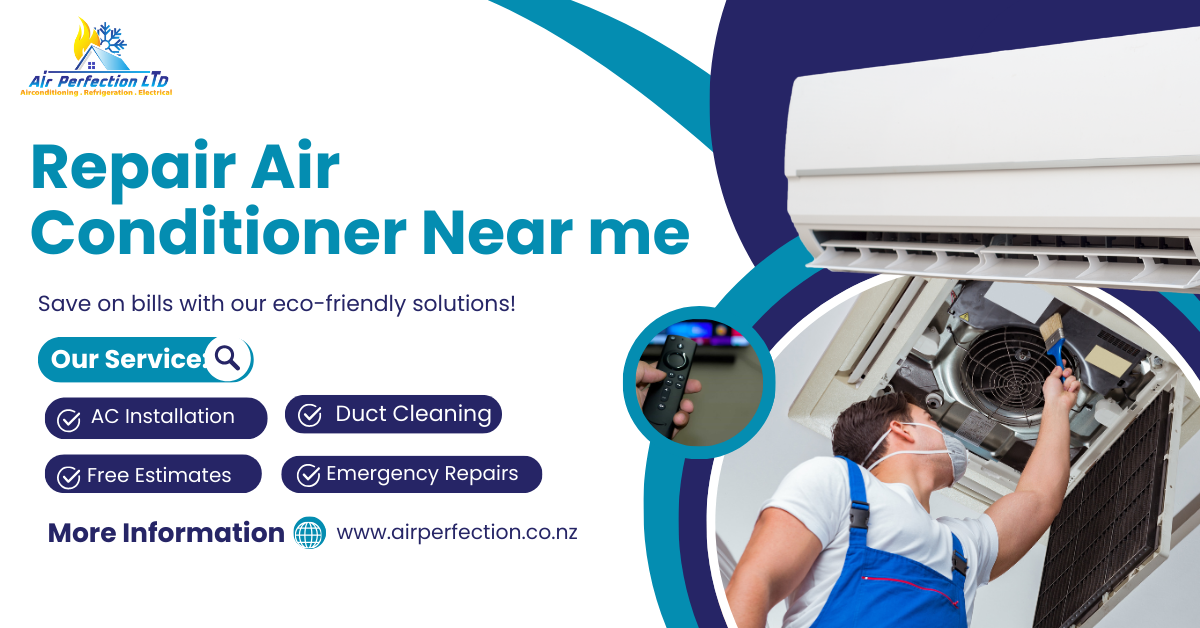Air conditioning is a staple in modern homes, providing a much-needed escape from the sweltering summer heat. It creates a comfortable indoor environment, allowing us to work, relax, and sleep without being overwhelmed by high temperatures. By following proper maintenance practices, using humidifiers, staying hydrated, and ensuring good ventilation, you can enjoy the benefits of air conditioning without compromising your health.
However, there’s an ongoing debate about the impact of air conditioning on our health. Can air conditioning make you ill? This blog post explores the effects of air conditioning on health, the potential risks, and how to mitigate them for a healthier living space.
Can Air Conditioning Make You ill?
The question of whether air conditioning can make you ill is common, and the answer is nuanced. While air conditioning itself isn’t inherently harmful, certain conditions and practices associated with its use can lead to health issues. Here’s a closer look at how air conditioning can affect your health.
Also Helpful: What Is the Best Air Conditioning Unit?
Respiratory Problems
One of the primary concerns with air conditioning is its impact on respiratory health. Air conditioning systems can circulate dust, pollen, and other allergens if not properly maintained. For individuals with allergies or asthma, this can exacerbate symptoms and lead to respiratory issues.
Dry Skin and Eyes
Air conditioning reduces humidity levels indoors, which can result in dry skin and eyes. Prolonged exposure to low humidity can cause irritation, itchiness, and discomfort. For contact lens wearers, this can be particularly bothersome, as dry air can cause lenses to become uncomfortable.
Sinus Issues
Dry air from air conditioning can also affect your sinuses. Low humidity can dry out the mucous membranes in your nose and throat, leading to irritation and increasing the risk of sinus infections. Individuals prone to sinus issues may find their symptoms worsening with constant exposure to air-conditioned environments.
Spread of Illness
Inadequate maintenance of air conditioning systems can lead to the growth of mold and bacteria within the unit. When these contaminants are circulated through the air, they can pose serious health risks, including respiratory infections. This is especially concerning in large buildings or homes where the AC system is rarely cleaned.
Mitigating the Health Risks of Air Conditioning
While there are potential health risks associated with air conditioning, there are several steps you can take to mitigate these risks and enjoy the benefits of a cool, comfortable home.
Regular Maintenance
Regular maintenance of your air conditioning system is crucial. This includes changing the air filters frequently to ensure they are free of dust and allergens. It’s also important to have your system inspected and cleaned by a professional at least once a year to prevent the buildup of mold and bacteria.
Use a Humidifier
To combat the dryness caused by air conditioning, consider using a humidifier. This device adds moisture to the air, helping to maintain a comfortable humidity level and preventing dry skin, eyes, and sinuses. Place humidifiers in commonly used areas such as bedrooms and living rooms for maximum benefit.
Keep Hydrated
Staying hydrated is essential when spending time in air-conditioned environments. Drink plenty of water throughout the day to keep your skin and mucous membranes hydrated. This simple practice can significantly reduce the discomfort caused by dry air.
Proper Ventilation
Ensure that your home is properly ventilated. Open windows periodically to allow fresh air to circulate and reduce the concentration of indoor pollutants. This is particularly important if your air conditioning system doesn’t have a fresh air intake.
Clean Your Space
Regularly clean your home to reduce dust and allergens that can be circulated by the air conditioning system. Vacuum carpets, dust surfaces, and wash bedding frequently to maintain a healthy indoor environment.
Monitor Humidity Levels
Keep an eye on the humidity levels in your home. The ideal indoor humidity level is between 30-50%. Use a hygrometer to monitor these levels and adjust your use of humidifiers or dehumidifiers accordingly.
The Benefits of Air Conditioning
Despite the potential health risks, air conditioning also offers several health benefits when used correctly.
Improved Sleep Quality
A cool, comfortable environment is conducive to better sleep. Air conditioning can help regulate the temperature, creating an ideal setting for restful sleep. This is particularly beneficial during hot summer nights when it can be difficult to fall asleep due to the heat.
Reduced Heat-Related Illnesses
Air conditioning helps prevent heat-related illnesses such as heat exhaustion and heatstroke. By keeping indoor temperatures cool, air conditioning can be lifesaving for vulnerable populations, including the elderly, young children, and individuals with chronic health conditions.
Enhanced Air Quality
Modern air conditioning systems are equipped with advanced filters that can remove pollutants, allergens, and other airborne particles from the indoor environment. This can significantly improve indoor air quality, especially in urban areas with high levels of pollution.
Increased Productivity
A comfortable indoor temperature can boost productivity. Whether working from home or in an office, a cool environment helps maintain concentration and efficiency, reducing fatigue and discomfort associated with excessive heat.
Conclusion
Air conditioning is a valuable tool for maintaining a comfortable indoor environment, but it’s essential to be aware of its potential health impacts. While air conditioning itself is not inherently harmful, improper use and maintenance can lead to health issues. Remember, regular AC maintenance is key to preventing the circulation of dust, allergens, and other contaminants.
Taking these steps will help you create a healthier living space and ensure that your air conditioning system works efficiently and safely. Enjoy the cool comfort of air conditioning while safeguarding your health!






